Alright – so today we’ve got the honor of introducing you to Tristan Hallman. We think you’ll enjoy our conversation, we’ve shared it below.
Tristan, appreciate you joining us today. Earning a full time living from one’s creative career can be incredibly difficult. Have you been able to do so and if so, can you share some of the key parts of your journey and any important advice or lessons that might help creatives who haven’t been able to yet?
My career has not always been a full time freelance artist. I started this weird, fun journey when I was in high school. I got a cheap camera for Christmas, and at the time I was working retail. I started documenting everything around me – the people in my life, the places I was going, everything. At first it was a hobby that I wanted to share on social media – maybe just originally for the recognition as I was trying to figure myself out. I quit the retail job and worked at a grocery store and an elementary school as an extended day teacher all after my regular school day in high school. I had someone reach out to me about my photography to take their portraits, but the kicker was they were willing to pay me in an hour what I made in a week working two jobs – so I saw an opportunity. I went to college, switched jobs to an early morning donut shop so I could have my afternoons and evenings to shoot projects and go to class. Flash forward four years – I had been working with other great creatives, and leaned on mentors for most of my knowledge. I loved the craft so much – and almost burned myself out too much at times but I just kept shooting. I graduated right after the Pandemic with no idea where to go. I was working still in the mornings at a coffee shop and a bar at night to make enough money. I had an old friend call me about an opportunity to work on a small non-union feature film in Birmingham, AL – and that prompted me to take the leap of faith. I was tired of part time jobs after doing so many. i needed to fulfill myself with my art full time. I quit both jobs and decided to work on that movie as a 2nd assistant camera – and made more money than I had ever made until that point. I started messaging more people in the industry and moved out of my parents’ house with enough money to pay first month’s rent, deposit, and the U-haul with literally zero left in my account. Since then, I trusted myself. i trusted my passion, my work, and my care for those around me. I found that the most important part of all of this process of full time freelance was how I treated people – and how business is ultimately tender relationships with the opportunity for friends to make some money. I learned that every single person you meet is important, and every single step you make is imperative for your progress regardless of how it feels at the moment. I’ve been blessed enough to work fully freelance now for 2.5 years and i owe that to the people I have met and my passion for the craft.
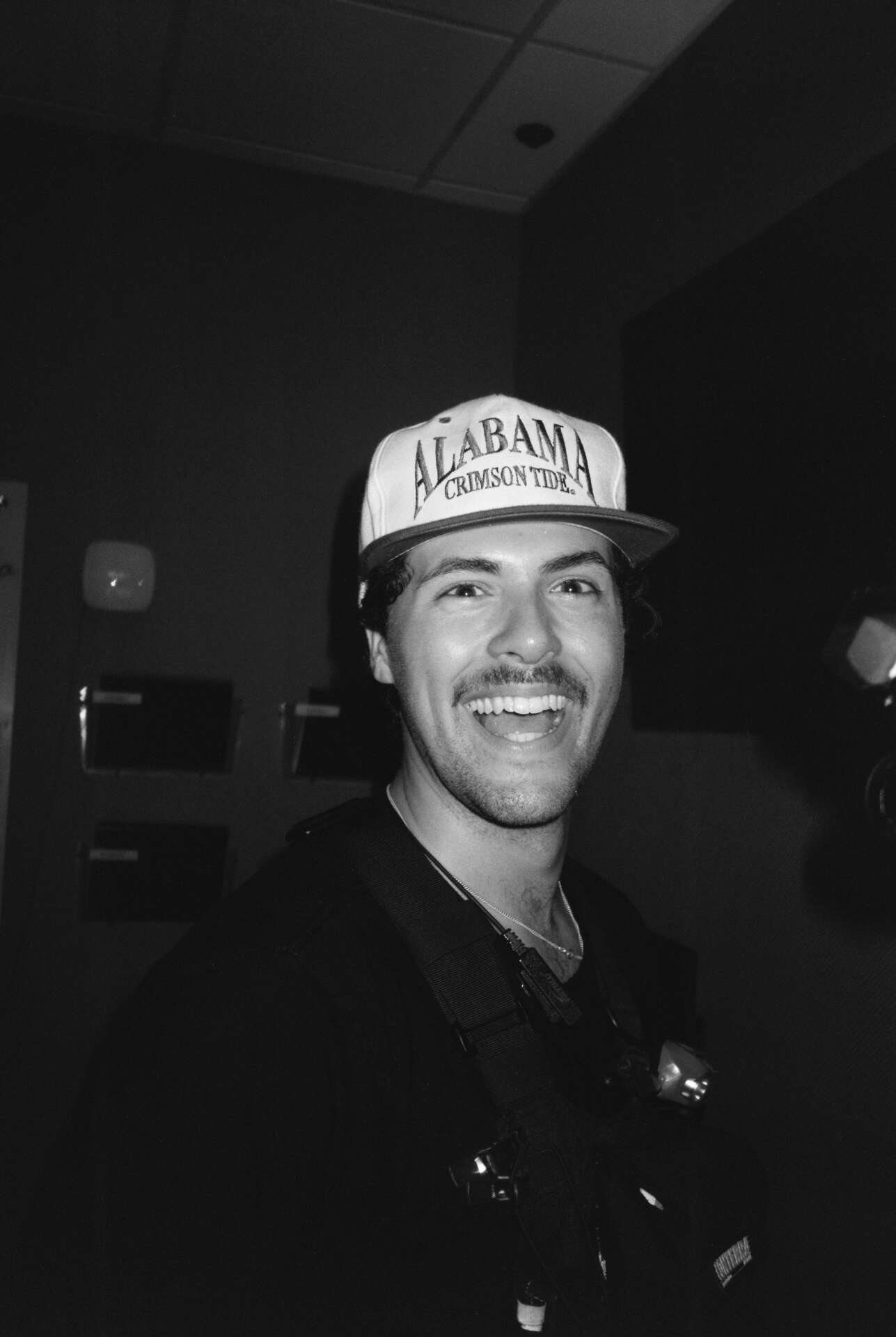
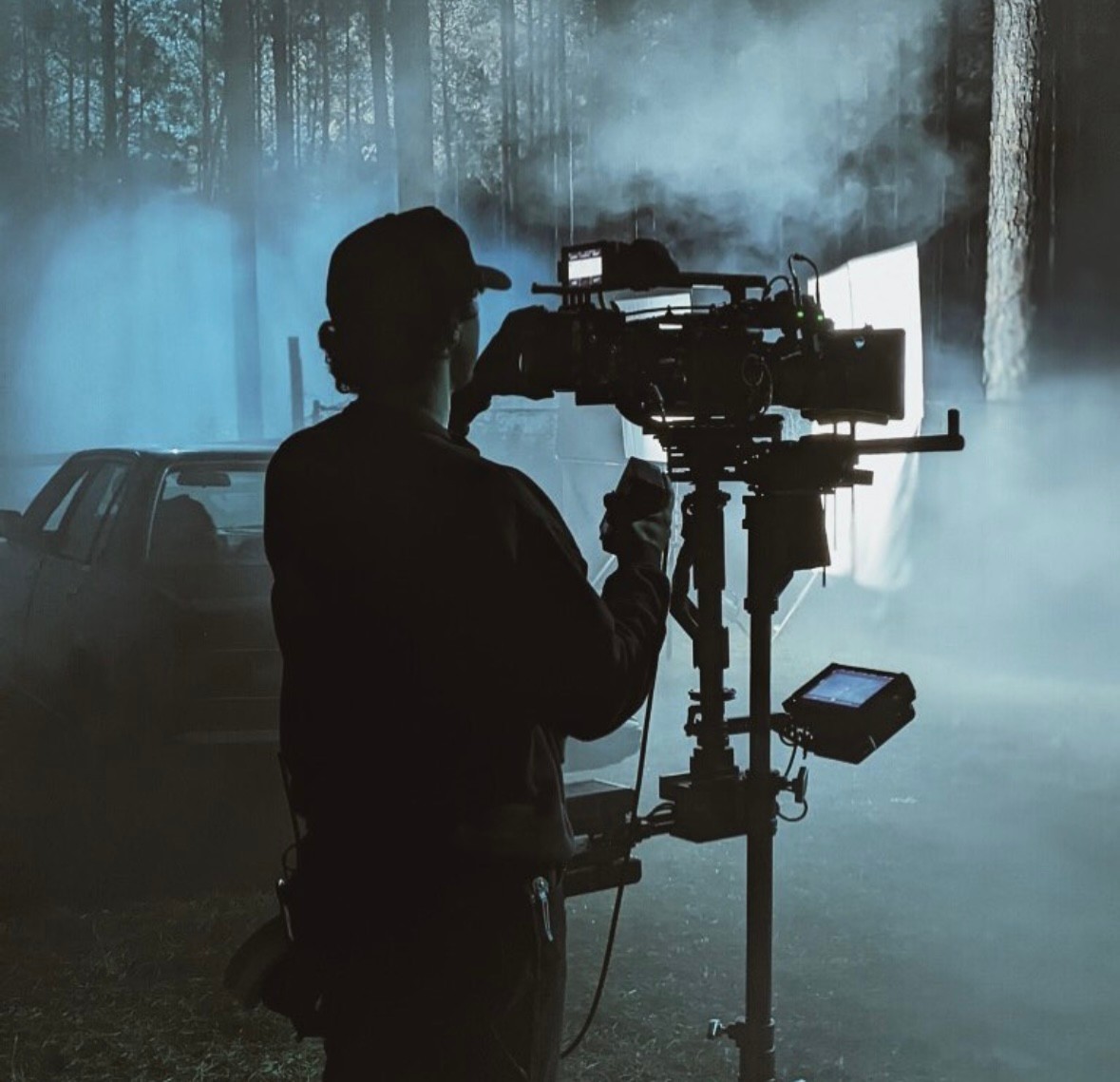
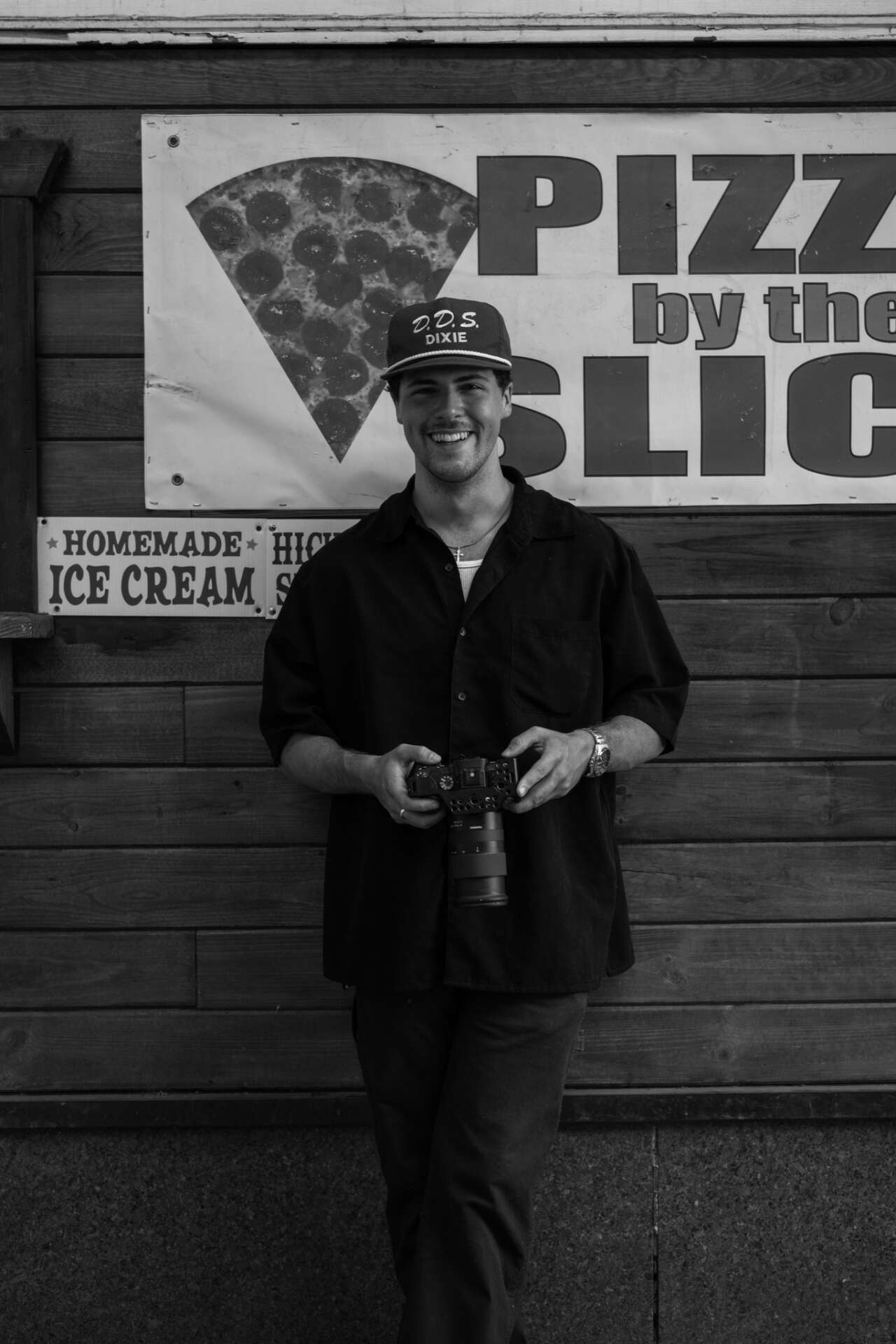
Awesome – so before we get into the rest of our questions, can you briefly introduce yourself to our readers.
My name is Tristan Hallman and I got into the film / photography world originally as a hobby, and realized the profitable possibility of this industry. I started documenting people’s milestones – graduation photos, family portraits, headshots for actors and businesses, etc. I realized how much I value human connection, and hearing other people’s stories which at the end of the day that is the art of filmmaking and photography at its core. Whether I work as a camera assistant on feature film, I’m directing a short film, taking someone’s portraits – I put my all into the work I do. I think it is imperative as an artist and a freelance business to put 110% into the work you do, and the connections you make. Everyone’s story is important and worth being told, and what I bring to the table is an empathetic eye to sharing those voices. As an artist and business owner, I originally felt the need to match what everyone else is doing to get a job done. As I’ve gotten more comfortable in the craft, I’ve realized the strength in simplicity and collaboration. Even the most corporate level business to the stylized narrative artistic films have stories that need to be told. I feel it is my gut instinct to get stories out into the world, and i constantly am trying to strengthen my ear and sharpen my eyes to the world around me.
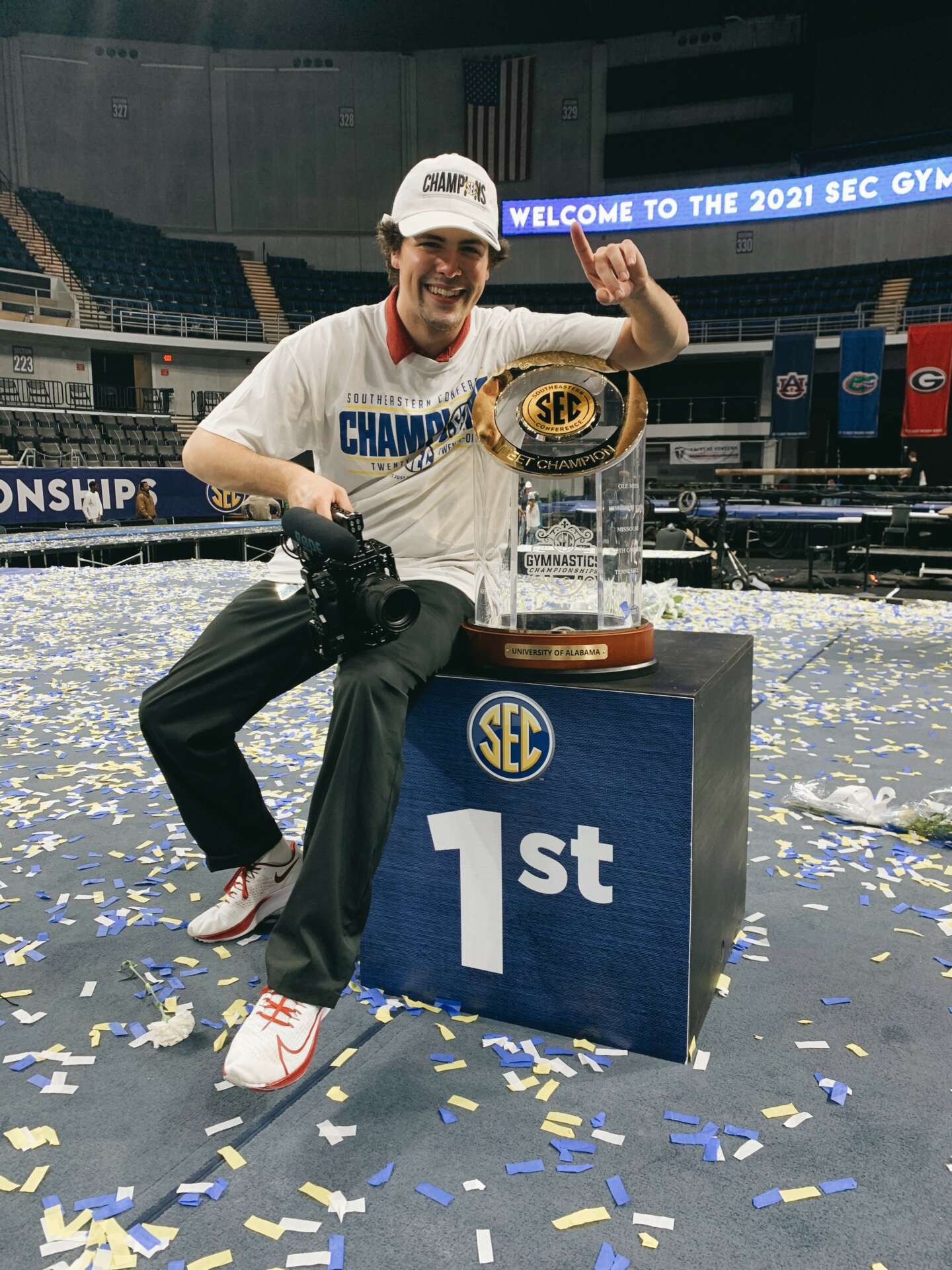
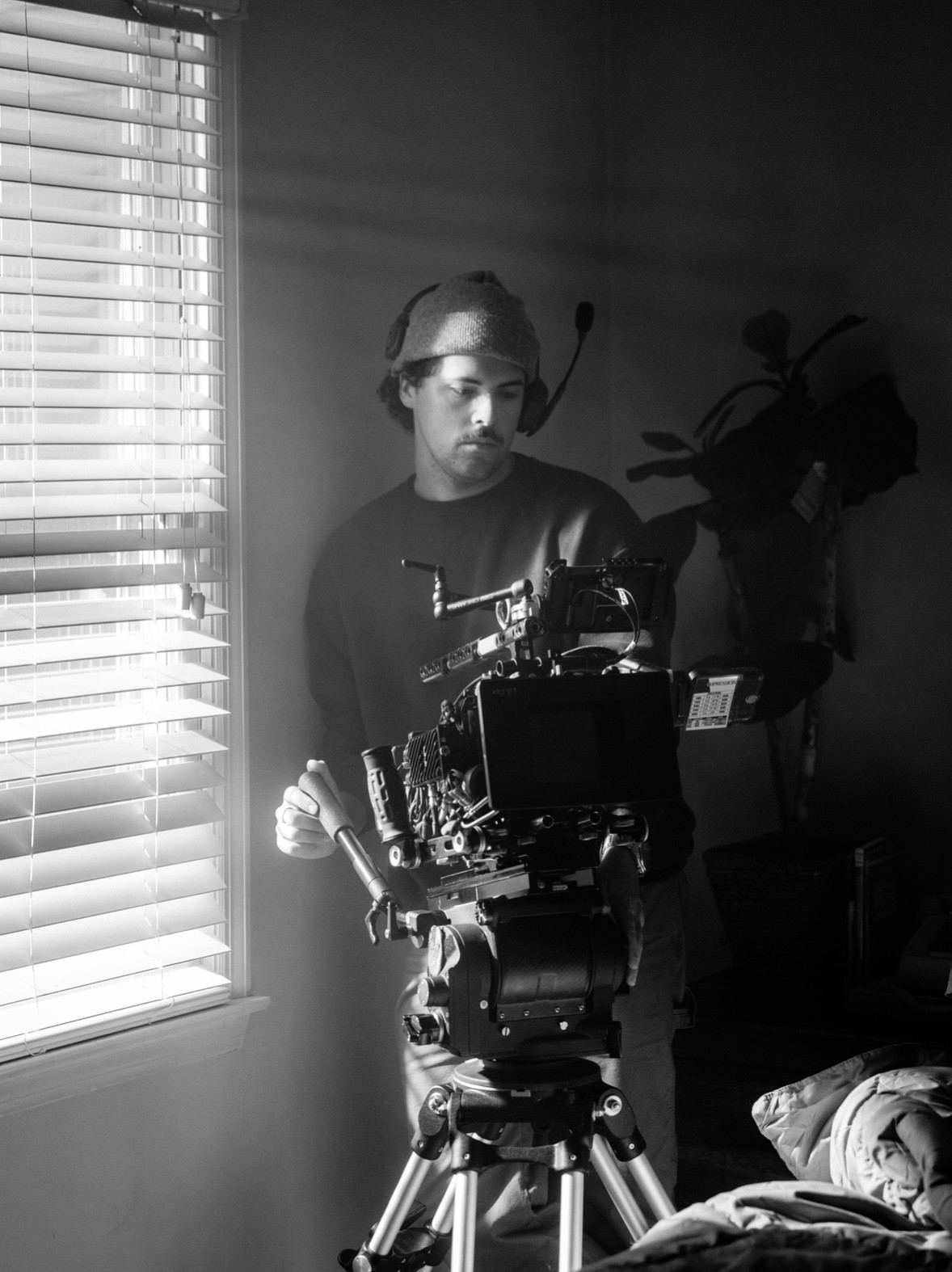
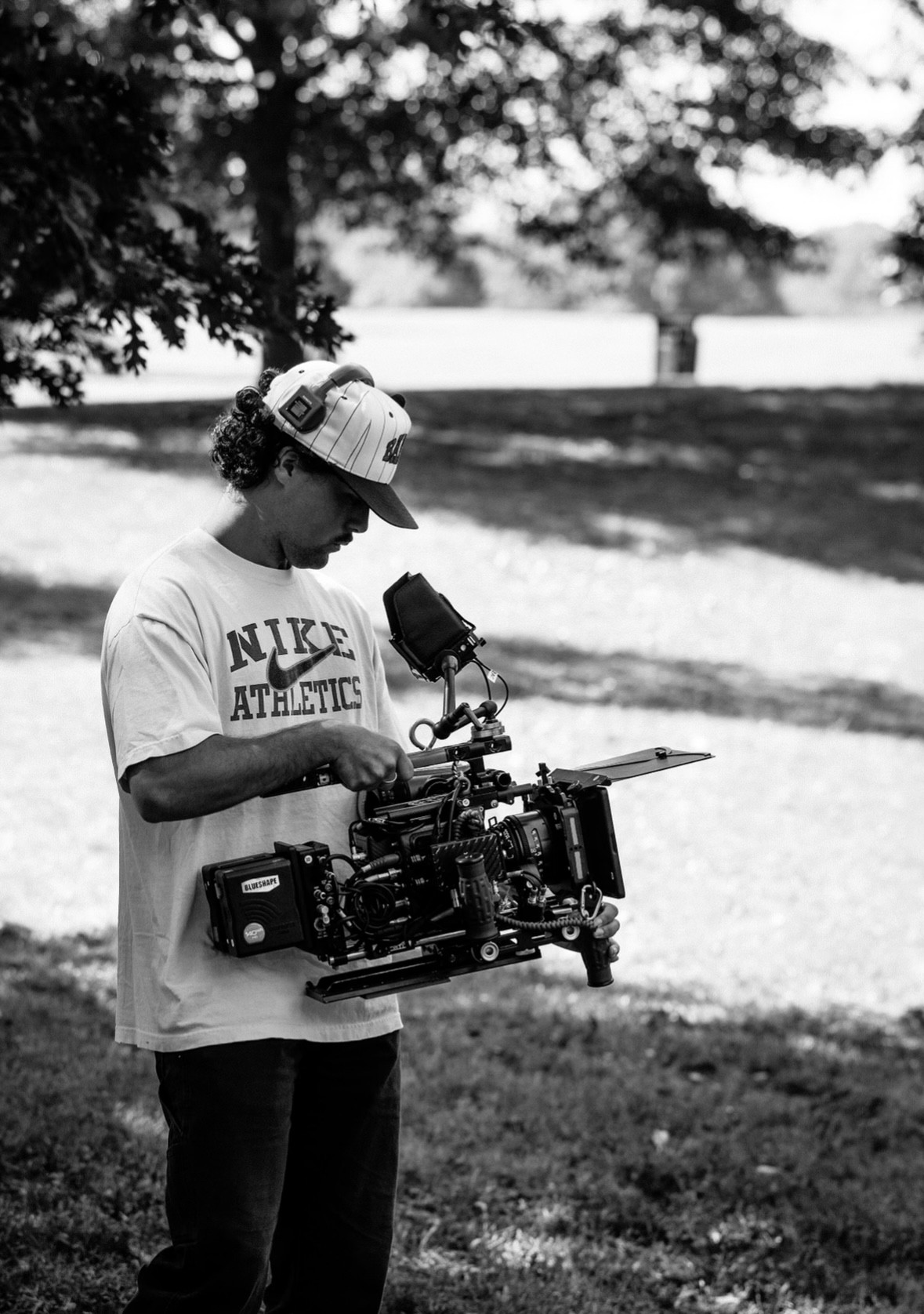
Let’s talk about resilience next – do you have a story you can share with us?
I’d like to think that my whole story is one of resilience. Growing up in Alabama, there really was not much push to creative artistry in general – much less as a career. I was always asked “what are you going to do with that degree?” And my reply was always ” To make movies.” My family are Alabama natives through the generations all of which being blue collar workers. I learned the resilience of hard work and its rewards – I only hoped that if I put enough work into what I’m passionate about that eventually it would pay off. I worked since I was sixteen to have money to do anything, and to then put myself through college. My parents have not always had it easy either, both of which struggled with drug addiction when I was a kid. In unfortunate ways, my brother and I had to grow up quick. After many years, I can proudly say my parents both overcame their addictions and are both happily sober – that resilience showed me anything was possible. That the pains I experienced were the deepest wounds I would ever feel, and anything past that is only a flesh w0und. I learned that going to rock bottom only gives you the range to catapult you into the top of the mountains. After overcoming these things with my family, the world is much easier, much softer to me. I gained so much empathy for everyone around me, and using that strength in my business and story telling is what I pride myself on.
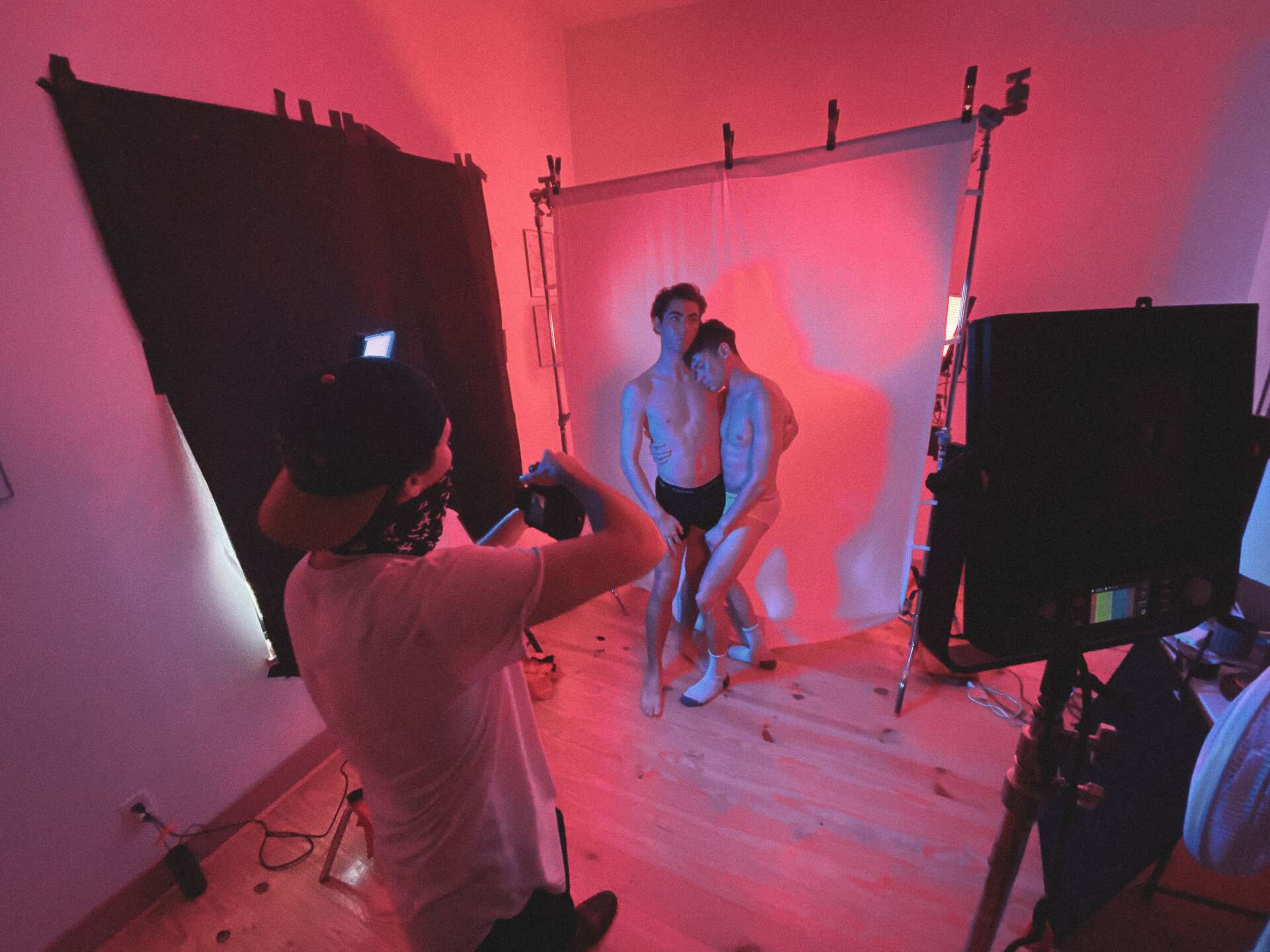
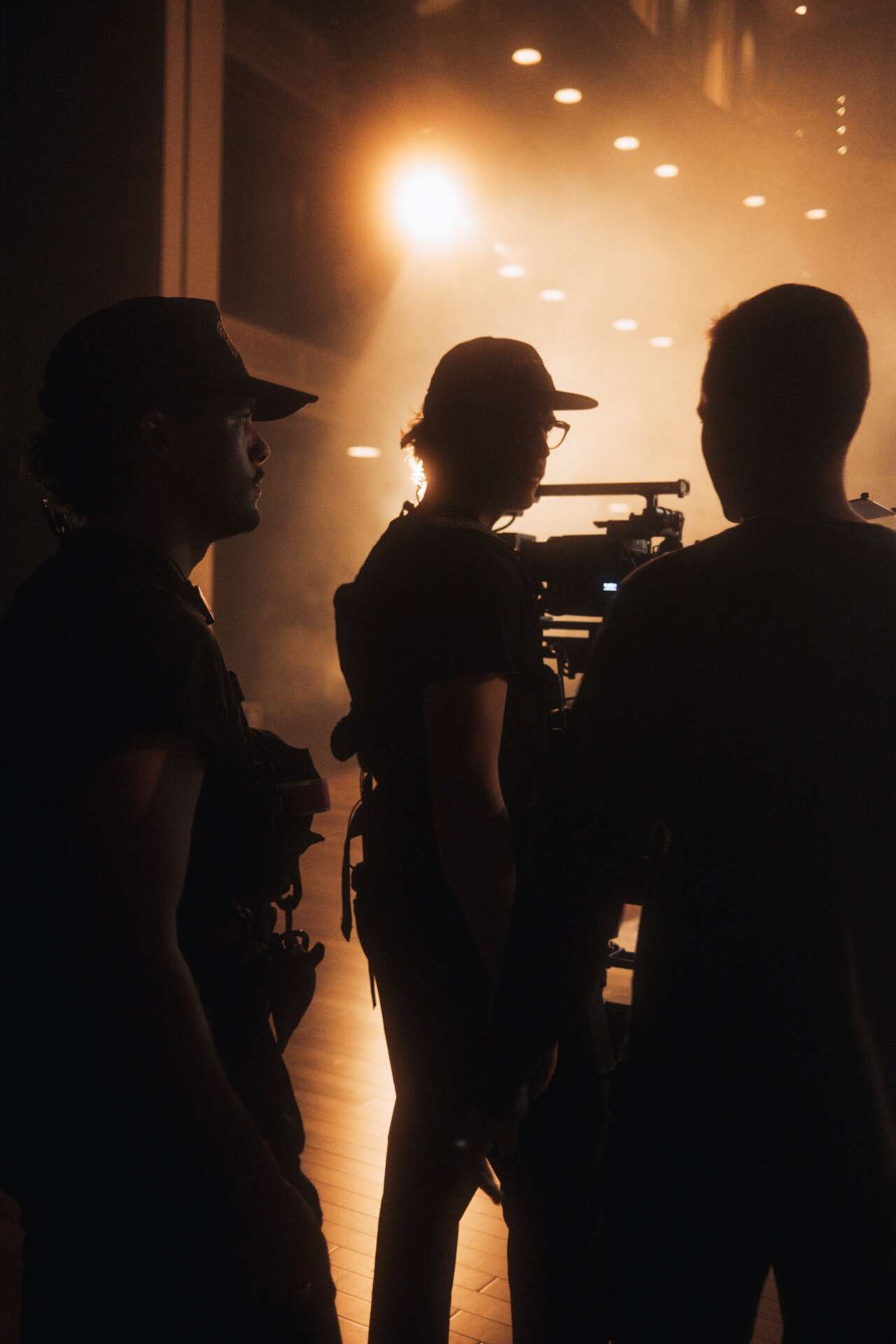
How do you keep your team’s morale high?
I’m thankful to have worked as a camera assistant under some amazing photographers – all of which I learned something from. I watched these leaders lean on their team, never using power to their benefit. The greatest leaders I’ve worked with looked out for everyone before themselves – I think that’s pivotal for business. I’m still learning how to be a leader, but I found that having empathy for everyone’s perspective is a crucial demand. Everyone acts the way they do, says the words they say, and sees things the way they see all for certain reasons – so even if there is a disagreement, there is almost always a commonality between two perspectives. I feel that as a leader your job is to determine what that commonality is and bring everyone together. See the world how others see it – you’ll have more trust from your team, and you all will have more fun doing the job. At the end of the day in our field working on movies and photography, it’s such a fun job – so high morale is almost impossible not to have. Every day is a privilege and opportunity – that mantra alone keeps me up and at it.
Contact Info:
- Website: tristanhallman.com
- Instagram: @tristanhallman
- Linkedin: https://www.linkedin.com/in/tristanhallman/
Image Credits
Adam York Quentin Lesser Blake Snawder Alex Van Puten


